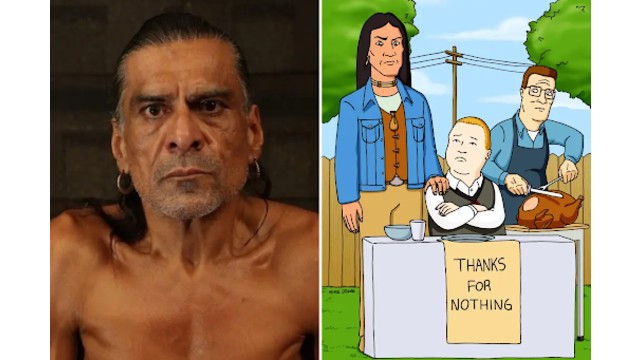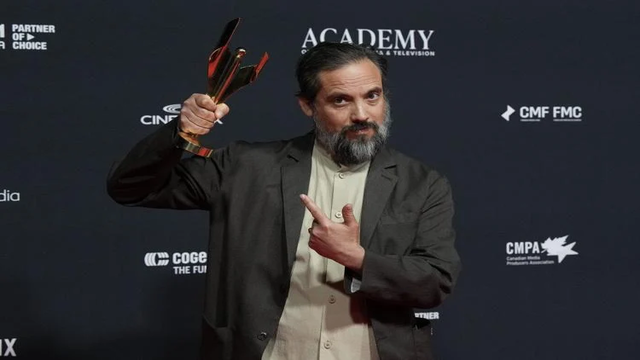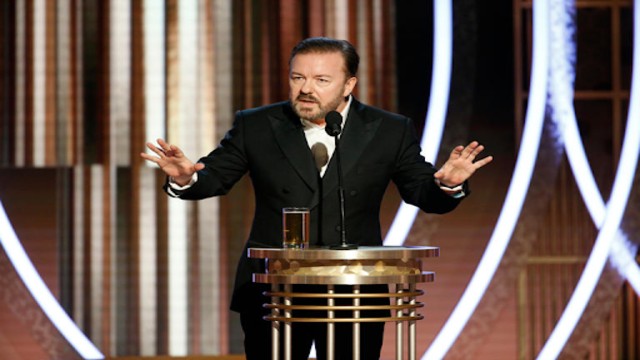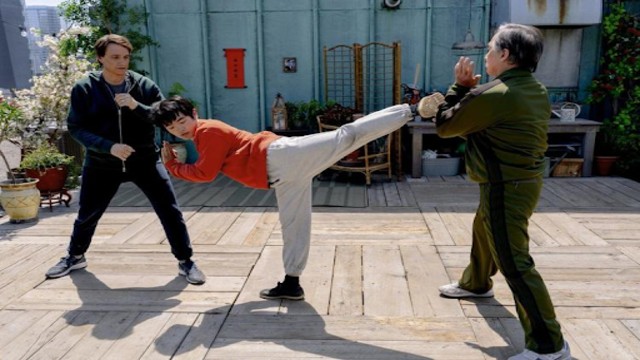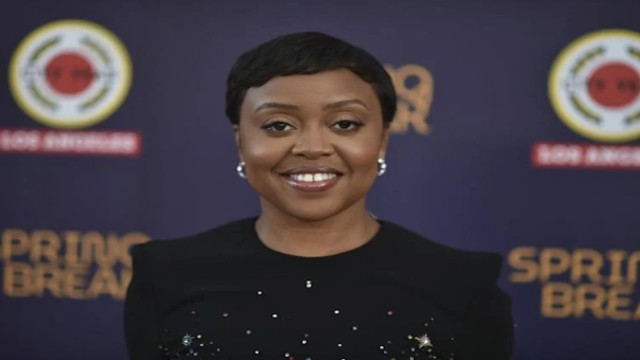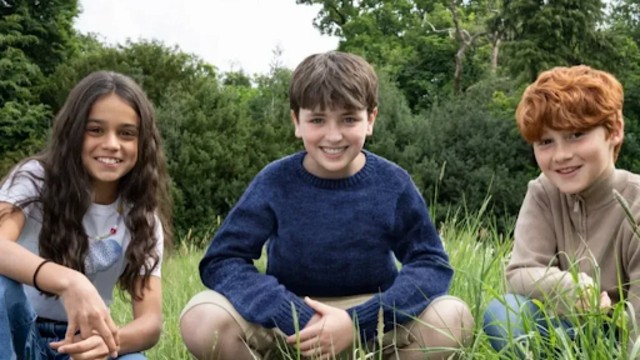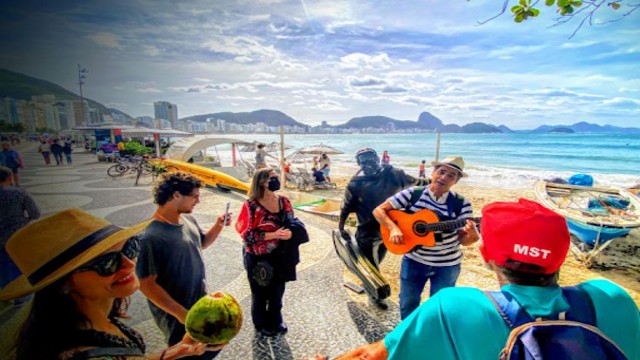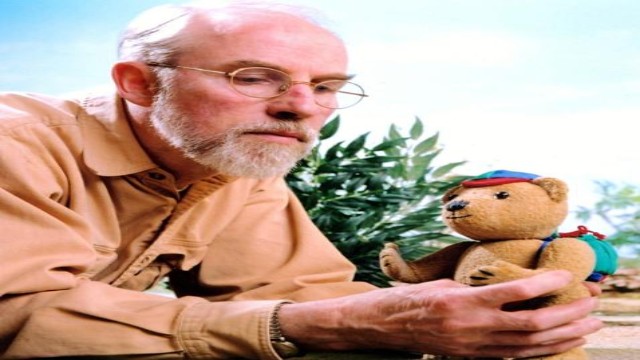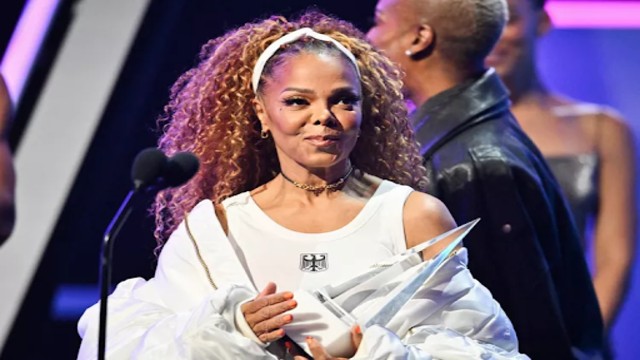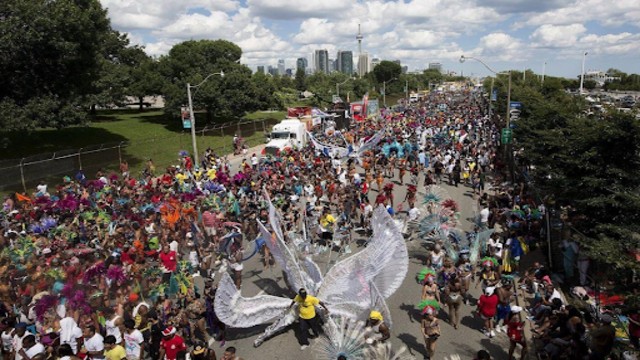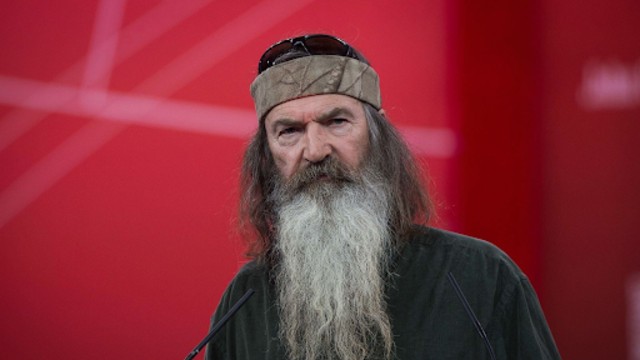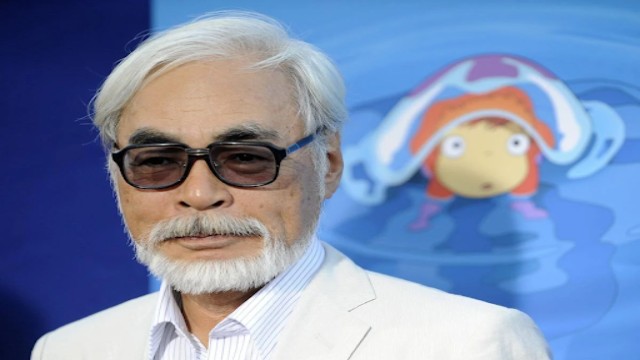
Hayao Miyazaki of Japan, director of the animated film "Ponyo," poses at a special screening of the film in Los Angeles on July 27, 2009. (AP Photo)
A new AI image tool from OpenAI has thrilled fans of Studio Ghibli, allowing them to transform photos and memes into the signature animation style of Hayao Miyazaki. However, the trend has also raised concerns about AI’s impact on artists' rights and the ethical use of copyrighted styles.
Viral Trend or Ethical Dilemma?
When Janu Lingeswaran, an entrepreneur from Germany, uploaded a photo of his cat into ChatGPT’s new image tool, he was amazed by the result. His pet was instantly reimagined in the whimsical Ghibli style, resembling characters from classics like My Neighbor Totoro or Kiki’s Delivery Service. He even considered printing and framing the AI-generated artwork.
Many users joined in, recreating popular memes and images in the distinct Ghibli aesthetic. One such transformation featured Olympic silver medalist Yusuf Dikec in anime form. Even OpenAI CEO Sam Altman updated his profile picture to a Ghibli-style portrait, fueling the trend.
Concerns Over AI and Copyright
While fans embraced the AI-generated Ghibli art, the ethical concerns surrounding AI tools trained on copyrighted materials resurfaced. Studio Ghibli has not officially commented, but Miyazaki’s well-documented opposition to AI animation has reignited discussions.
In a 2016 documentary, Miyazaki expressed his disapproval after being shown an AI-generated animation of a grotesque, crawling figure. He shared a heartfelt story about a disabled friend struggling with movement, emphasizing that AI-generated art lacks the human understanding of pain and emotion. He concluded, “I strongly feel that this is an insult to life itself.”
Legal Questions Remain
The legal aspects of AI-generated art remain murky. Josh Weigensberg, a partner at Pryor Cashman, questioned whether OpenAI’s model was trained on Studio Ghibli’s work with permission. If not, the use of its distinct style without a license could be legally questionable.
Although copyright law does not protect artistic style, Weigensberg argued that elements of Ghibli films—such as character designs, backgrounds, and unique visual details—might be considered protected intellectual property. If AI-generated images closely resemble these elements, the legal debate could intensify.
Artists Speak Out
Artist Karla Ortiz, who is involved in a lawsuit against AI image generators for copyright infringement, condemned OpenAI for profiting off artists’ work without consent. She criticized the company for using Studio Ghibli’s name, reputation, and branding to promote its AI products.
Ortiz’s outrage grew when the White House joined the trend, posting a Ghibli-style AI image of a weeping woman recently arrested by immigration agents. She called it an insult to Miyazaki’s artistic legacy and suggested Studio Ghibli should take legal action against OpenAI.
The Future of AI and Creativity
As AI tools continue to evolve, the conflict between innovation and artistic integrity is becoming more complex. While AI-generated Ghibli-style art has entertained many, the legal and ethical debates surrounding AI’s impact on human creativity and copyright are far from over.


